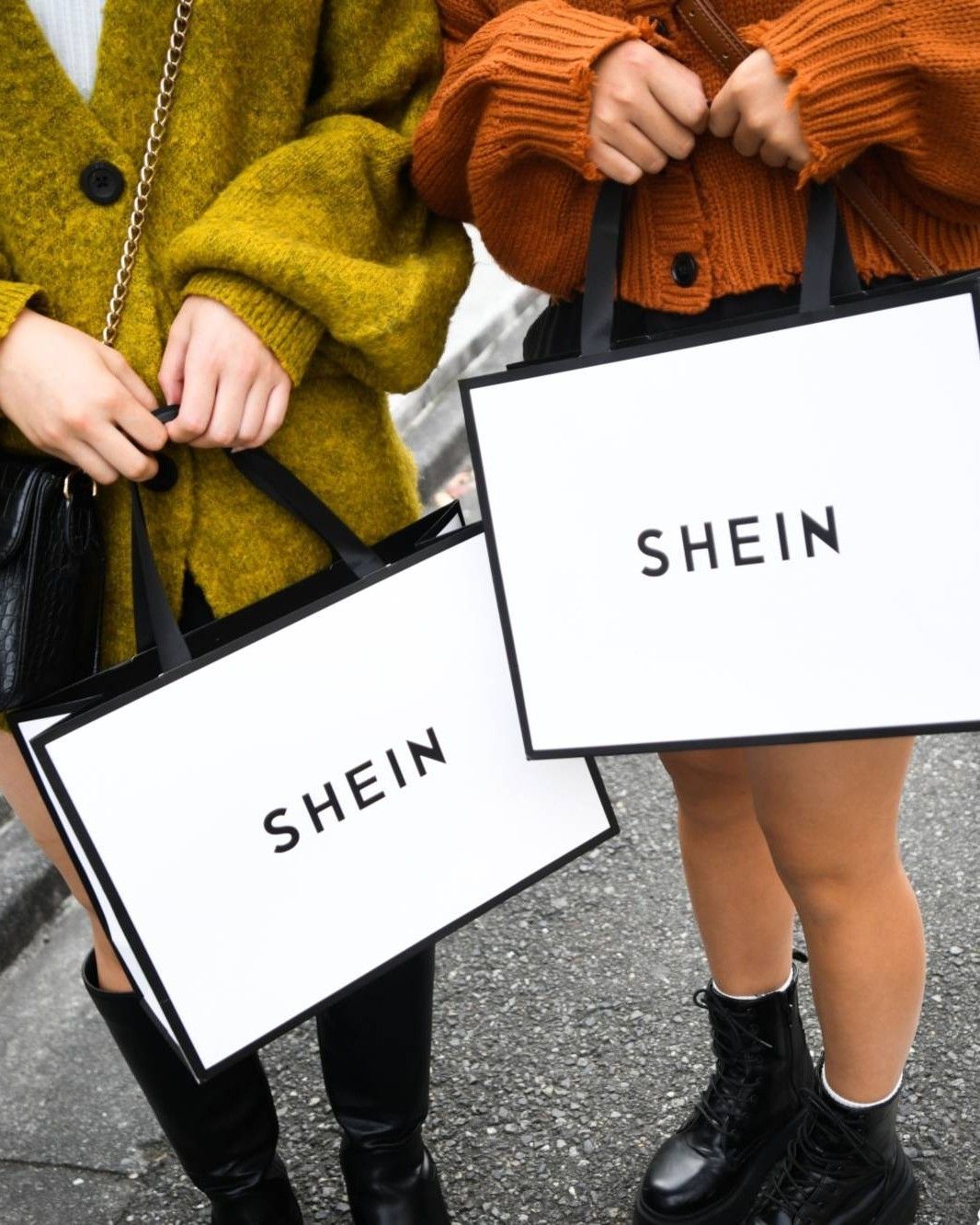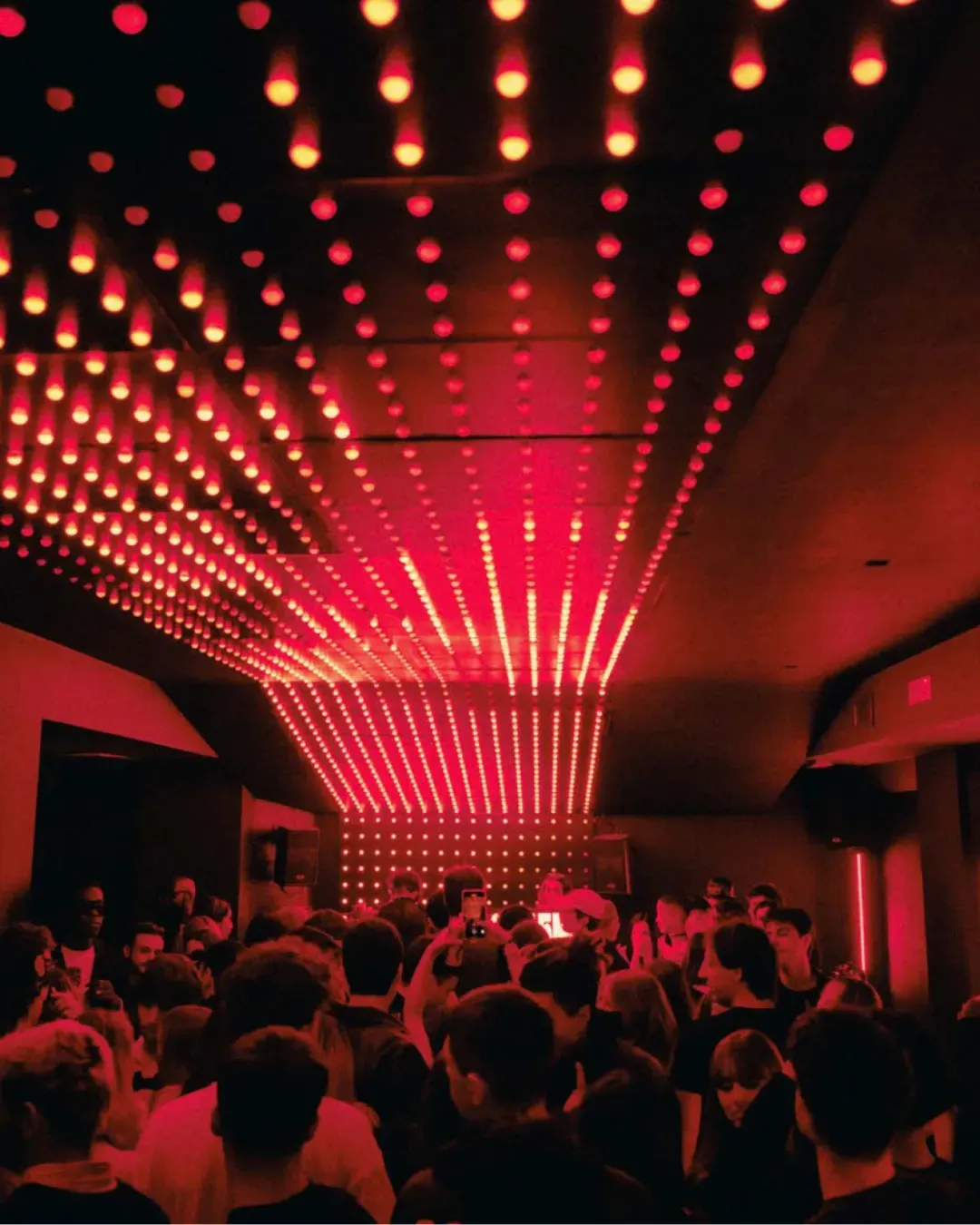
What the success of Primark in Milan teaches us Long queues and a new megastore in the centre of the city
On 6 April, the official opening of Primark's new shop - the ninth in Italy and the third in Lombardy - drew crowds to the streets of Via Torino, ready to queue for hours to explore the Irish fast fashion giant's store in the former Fnac premises. A "milestone in a privileged position" for the expansion strategy in the country: this is how Luca Ciuffreda, Head of Primark Italy, defined it. He also says that after the shops opened in 2021 in Rome and Catania, other centres will soon follow in Turin, Bologna, Caserta, Venice and Chieti. So, despite a new awareness of the risks of overproduction and the environmental impact of fast fashion groups, not to mention the exploitation of labour at all stages of the supply chain, Primark continues to gain ground, so much so that days after the opening the police still gravitate around the entrance to manage the crowds.
The secrets of this success are many: not only the location, the nerve centre of Milan in a street linking the Duomo and Porta Genova, frequented every day by thousands of tourists, and not only the prices which are perhaps the most competitive on the market. The five-storey megastore, with over 5,000 square metres of floor space, presents women's, children's and men's fashion collections in store, as well as homeware and a beauty section. In every way, therefore, it is a shopping centre in the city's historic centre, accessible to all and ready to meet every need, which serves as a business model for the rising stars of fast fashion such as Shein and Miss Guided, who are also incorporating beauty and 'fast homewear' elements into their offerings. Primark is also a brand closely linked to the imagination of the United Kingdom, a scenario made up of Starbucks and study holidays in the main English cities that for many Europeans is linked to a strong emotional component. For Milan, after a three-year pandemic, Primark is offering its citizens over 250 new job opportunities: the shop will employ over 400 people of 24 different nationalities, and will house the brand's showroom on the sixth floor, as well as its national offices. «Thank you for believing in Milan, you have arrived here at a difficult time but I am sure that this is a good investment - said Mayor Sala - what Primark is doing today is an act of faith in our city, it is not taken for granted because the old Milanese like me know that this building has a controversial history, it was empty for a long time so it is a great responsibility to manage such a space. These 250 new hires are a great joy for us. Our city must be kept alive at this time, it must be made joyful, in the awareness of the difficulties and this idea of optimism for the future must be generated».
What is clear from this story is that even fast fashion can do some good, especially when it creates jobs in a time when jobs are more precarious than ever. A partly demonised sector of the fashion industry which, despite the controversy, continues to grow at a dizzying pace (just think that Shein had a market value of €40 billion last half-year). The last few years, in which a growing awareness of environmental issues has been combined with a desire to weigh up one's purchases by limiting them to brands that make ethical choices, have not been enough to challenge fast fashion, despite the green washing campaigns. Because, ideals aside, the majority of the world's population cannot afford to base their choices on ethics rather than convenience, and even if they could in the long run, it is difficult to resist the allure of the latest fashion items costing thousands of euros less than those of the brands that set the trends.



















































